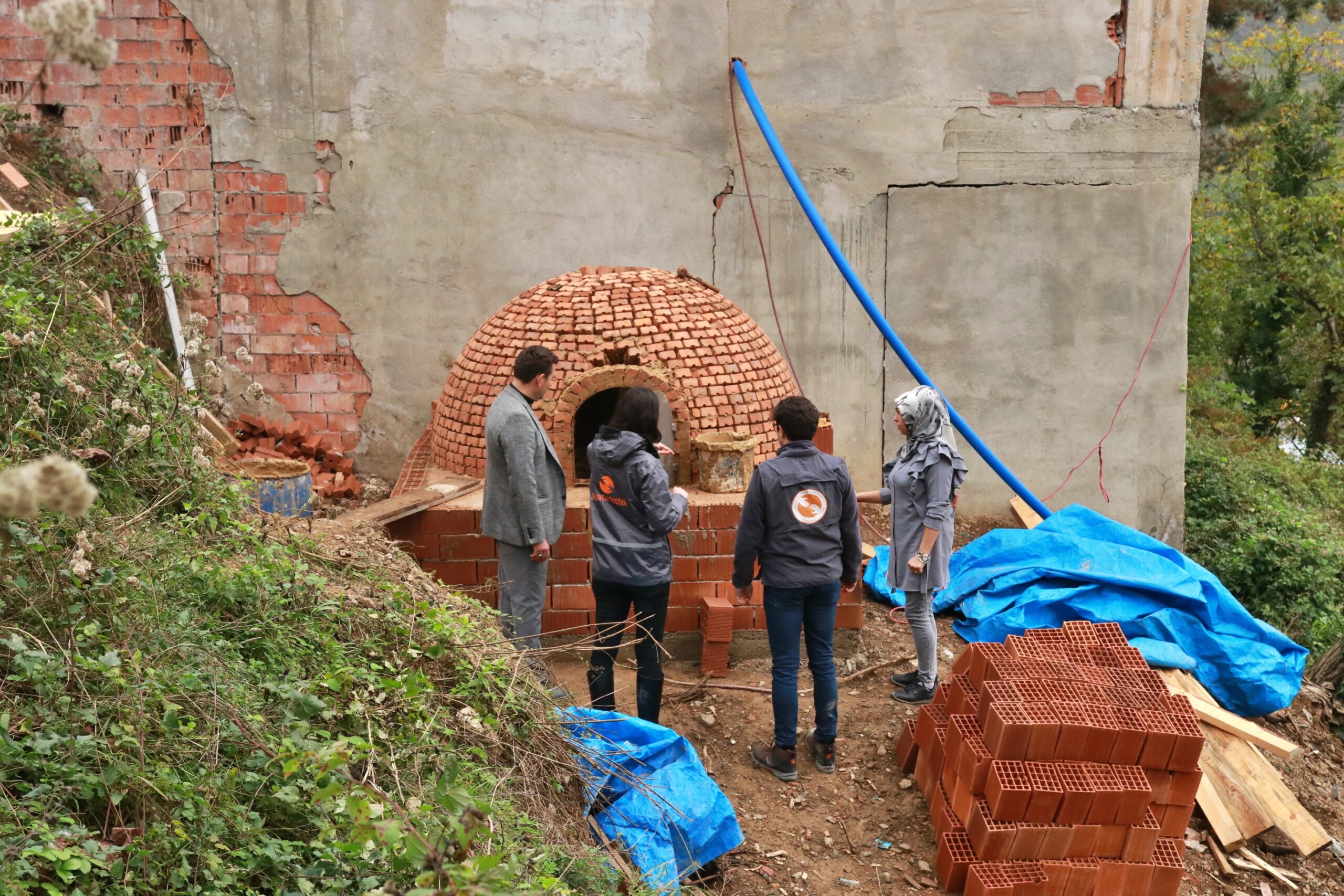Supporting survivor and community-led response in Turkey

“Support to Life is an organization that touches lives and hearts.” – Meryem Sisman, STL program participant in Bozkurt
In late July 2021, immense forest fires devastated communities in Turkey. Nearly 225 fires in 47 provinces led to mass evacuations and significant destruction. More than 656 square miles (1,700 square kilometers) were burned, destroying forests, homes, agricultural land and livestock.
Just days later, floods caused by unusually heavy rainfall struck Turkey’s northern coast, destroying bridges and roads and leaving villages without power.
In the aftermath of these disasters, the Center for Disaster Philanthropy awarded Hayata Destek Dernegi (Support to Life) a grant to enhance the resilience of the disaster-affected and at-risk populations in Turkey using micro-grants and the survivor and community-led response (sclr) approach to disaster response and recovery.
According to Local 2 Global Protection, a distinctive feature of sclr is the use of microgrants “to transfer power and resources to existing and emergent self-help groups and organisations that mobilise during every crisis, allowing for the rapid provision of additional assistance to scale up interventions and increase their impact.”
The video below highlights some of the projects funded by Support to Life (STL) with the grant from CDP. Groups affected by the disasters discuss the needs and priorities they self-identified within their communities and how the projects will help them recover and be better prepared for future disasters.
As a result of STL’s sclr program, the local people in Bozkurt, Marmaris and Manavgat were able to identify and prioritize their needs, come up with their own solutions, and apply for micro-grants to implement their own projects. Thanks to the program, the people in these regions are both project holders and project beneficiaries who take ownership and pride in their efforts to help their communities.
In total, STL distributed 74 micro-grants across the three project locations in Southern and Northern Turkey. The communities primarily focused on two types of projects: developing strategies and resources to mitigate future risks and recovering public spaces and resources damaged or destroyed due to a disaster.
In addition to the projects highlighted in the video, micro-grants also funded things like:
- Announcement system projects to ensure communication among the residents during a disaster when communication channels are usually disrupted.
- Health care equipment projects in remote villages where medical professionals’ access is difficult.
- Water, sanitation and hygiene projects to improve disaster preparedness by enabling access to water during disasters.
- Awareness-raising projects to increase information and sensitivity towards disasters, including how to prepare for, mitigate the risk of, and respond to disasters.
- Rehabilitation projects to contribute to psychosocial well-being, especially for women, by creating spaces that allow interaction among each other.
Impact assessment results indicate that communities are more aware of disaster risks and have better coping mechanisms and strategies. Community members also have improved self-efficacy and self-esteem toward engaging in community actions and developing solutions, as well as access to the tools and equipment they can utilize in case of a crisis.
CDP is proud to support STL’s efforts to empower communities in Turkey to lead their own disaster response and recovery activities and build resilience to future disasters and crises.
Story by Ruja Entcheva